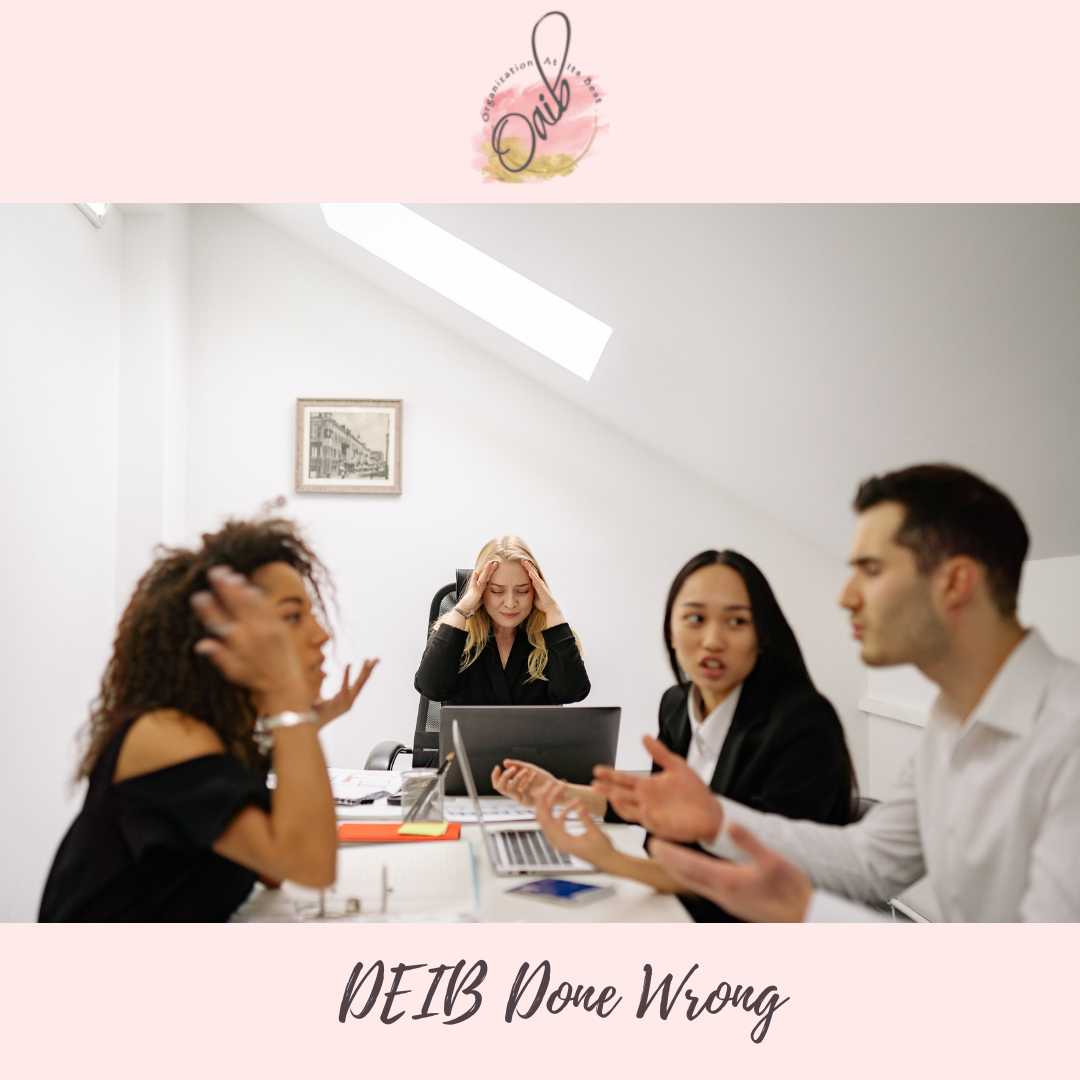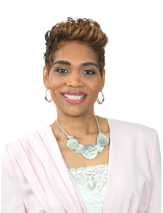
DECEMBER 13, 2023
DEIB Done Wrong
Many people remain willfully ignorant about inequity and don’t believe that reshaping their own thinking is the solution to their organization’s challenges.
I’ve seen many people in the dominant culture begrudgingly participate in mandatory DEIB training simply to say they checked the box. They sat there quietly, arms crossed, unengaged.
I have also seen People of Color use DEIB as a platform to unleash their frustrations and “tell it like it is” — talking “at” White people instead of “with” them.
Many DEIB programs fail to build accountability into their programs, and participants never do the hard work of self-reflection and self-improvement.
Let’s admit it, there have been many misguided, weak, and ineffective DEIB efforts. Some were even damaging.
With all the work we DEIB practitioners have done, many people in the dominant culture still lack awareness and are blind to how they themselves are contributing to what’s happening today.
I’m not calling anybody out here. Everyone has natural blind spots. We often need to be coached to see things differently, to expose those blind spots and confront them head-on. Myself included.
But too often that’s not happening. Our DEIB efforts to date have fallen short, and there’s more work to be done.
Here’s an example.
I worked with a Black male leader. He was a big guy, around 6’3, 285 pounds with a deep voice. His direct reports were predominantly women. During DEIB coaching, a White woman who reports to him said that she felt he was intimidating, and that he should be more aware of how he comes off.
“I fear that if I don’t do what he says, something will happen”, she told me.
“What is that something?” I asked her. “It’s normal that you would do what your manager asks, right? But what is the something that will happen if you don’t?”
She couldn’t answer that.
I pressed her a little more. “Have you communicated to your manager about the way he comes across to you?”
“No way!” she said. “If I tell him he’s intimidating, he’ll say that the only reason I feel that way is because he’s Black.”
I asked, “Before we started digging into DEIB and exposing our blind spots, would you have had a problem talking to him directly about your experience with him?” I asked her.
She said no, that it wouldn’t have been a problem at all for her to raise this issue with him.
Her DEIB training did not give her the tools she needed to communicate with her boss openly, on the human level. Not only was she expressing that she was no longer comfortable having a courageous conversation with her manager, but she was also retreating into her power and privilege and playing the victim.
She was setting the tone of the relationship, and that tone was fear, resentment, and disconnect.
While they had never addressed this with each other directly, the manager was of course aware, which actually left him walking on eggshells, shrinking, and uncomfortable working with her.
I see situations like this as an opportunity to have an adult conversation about race, but instead, they have become open doors for DEIB to be portrayed as a burden or a step backward in our ability to come together.
This is why I say that we, as DEIB practitioners, first need to make sure our work creates psychological safety for everyone involved; second provide all participants with the tools and training to have direct, clear, honest, empowering conversations about power, race, and needs; and third, to ensure leaders create accountability, so people are held to a higher standard – a standard of open collaboration and understanding.
Want to clean up a DEIB mess? Our DEIB Training can help.
Organization At Its Best Founder and Chief Executive Officer, Tawana Bhagwat, has more than twenty-five years of experience directing Human Resource administration, change management, learning and development, facilitation, DEIB, and executive coaching.

